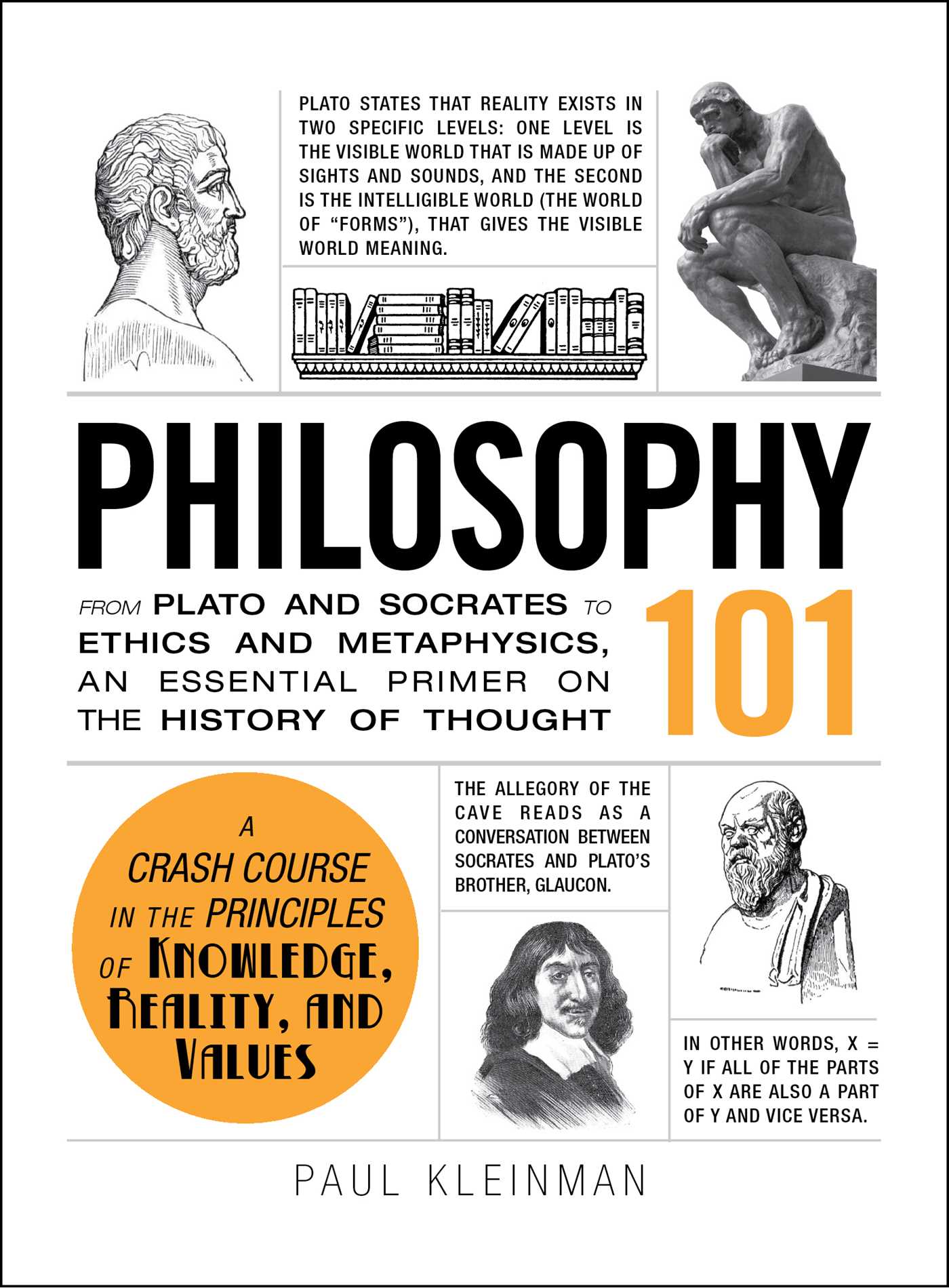St. Thomas Aquinas
Italian Saint and Philosopher

Thomas Aquinas was born in 1225 in Lombardo, Italy. When he was just five years, Aquinas was sent to study with Benedictine monks. He remained there until he was thirteen, when, due to great political unrest, he was forced to leave. He transferred to a Benedictine house affiliated with the University of Naples. He spent his time studying the works of philosophers, Aristotle in particular. He began to feel called to a life of service rather than sheltered studies. He secretly enrolled in the University of Naples and joined an order of Dominican monks, in hopes his family would not find out because they disapproved of this lifestyle. However, his family found out and kidnapped him in an attempt to change his ways, his brothers even tempted him with prostitutes. He refused their offers and eventually escaped and returned to his Dominican order. He is recognized as a saint by the Church and is the patron saint of students and universities (ask him for strength to finish your studies and finals to the best of your abilities!) This video and website go into further detail about the events of his life and his relationship with the Catholic Church:


At a time when the Catholic Church was struggling with the relationship between church and state as well as getting philosophy and religion to coexist, Thomas Aquinas brought faith and reasoning together. He believed that knowledge, whether obtained through nature or through religious studies, all came from God and could work together. Throughout his life, Aquinas wrote many philosophical texts that touched on many different subjects, ranging anywhere from natural philosophy and the work of Aristotle (interesting article discussing how Aquinas' work on Aristotle influenced Descartes) to theology and the Bible. Some of his popular works being:
Work with link to pdf of work:
Summa Theologica
Quaestiones Disputatae de Veritate
Summa Contra Gentiles
His most famous and extensive work, Summa Theologica, provides the most details in terms of his philosophical views, therefore I will mainly discuss Summa Theologica. This work is broken up into three parts, all having their own subdivisions. It is in Part 1 where he explains his most famous philosophical texts, The Five Ways. In this, he sets out to prove the existence of God. Aquinas begins by acknowledging that though philosophy is not a requirement in promoting God's knowledge, it can assist theology. He attempts to answer 1. Is "God Exists" self-evident? 2. Can this be demonstrated? 3. Does God exist? He then provides his five proofs or ways to prove the existence of God, combining the ideas of theology with rational thought and observations from the natural world. I will not go into depth on what each proof is about, but I will list them:
Proof 1: The Argument of the Unmoved Mover
Proof 2: The Argument of the First Cause
Proof 3: The Argument from Contingency
Proof 4: The Argument from Degree
Proof 5: The Teleological Argument
These two videos do a great job breaking them down and the counter arguments to them:
In the second part of Summa Theologica, Aquinas creates a system of ethics based on the work of Aristotle. Like Aristotle, Aquinas believed that a good life is described by attempting to reach the highest end. Also like Aristotle, Aquinas spoke of virtue. Aquinas said there were cardinal virtues that all other forms of virtue came from:
Justice - the moral virtue that consists in the constant and firm will to give their due to God and neighbor
Prudence - the virtue that disposes practical reason to discern our true good in every circumstance and to choose the right means of achieving it
Fortitude - the moral virtue that ensures firmness in difficulties and constancy in the pursuit of the good
Temperance - the moral virtue that moderates the attraction of pleasures and provides balance in the use of created goods
(From the Catechism of the Catholic Church)
While these virtues are a template for a moral life, according to Aquinas, they are not enough for one to reach true fulfillment. While Aristotle believed that the highest end was happiness and that the way to achieve this was through virtue, Aquinas believed the highest end was achieved by a union with God in the afterlife. It is by living through those virtues one moves towards this end.
Aquinas had an immense respect for Aristotle and his works, despite their differences in beliefs. For example, Aquinas does not accept Aristotle's assertion that the universe is eternal because the Christian faith says otherwise. However, he doesn't think Aristotle's position is illogical. Aquinas wants to show the universe had a beginning, but he also wants to show there is no flaw in Aristotle's reasoning. He claims there is a difference between the two points 1. God created the universe 2. the universe had a beginning. Aquinas set out to prove that in fact Aristotle's position that the universe has always existed, could be true, even if it is also true that God created the universe. Aquinas knows the Bible says God created the universe with a beginning, but he just as easily have created an eternal one. Aristotle supposed that something, God, set the universe into motion, and Aquinas agreed, but added the "prime mover," God, must be uncaused. There is a lot to learn from Aquinas' acceptance of Aristotle's beliefs, one could say he exercised prudence and temperance in respectfully disagreeing, but acknowledging his stance.
Thomas Aquinas had an incredible impact on Western Philosophy. Aquinas made a distinction between an eternal happiness that could only be reached in the afterlife, and an imperfect happiness obtainable in this life. We can never know everything there is to know about God in this life, so there is only an imperfect happiness in this life, because eternal happiness is a union with God. During his lifetime, the church was heavily influenced by the works of Plato and dismissed Aristotle's importance. Aquinas recognized and incorporated Aristotle's works into his Catholic teachings, changing Western philosophy. in 1879, these teachings were officially incorporated into the church doctrine.
Sources:

 These two books
These two books
These websites and the previous videos and links in the blog itself
Granville Hinton Section #5 Remote Learning Run total: 11
Blog comments:
https://plato.stanford.edu/entries/aquinas/#The
ReplyDeleteThis was a great link to help break down the differences as to way theology and philosophy is viewed to be different and why there is multiple points of views. Because although it is good to drive back to a point based of the observations of principles based on reflection which is directed to those who are philosophers there is always a end to the conversation whereas theological stand point does go back to the starting point it is mainly principles that are held to be true based on faith which has endless conversation, story lines, and questions/answers.
DeJah Hill
Section 11
Though this argument is very old, I still find it so interesting. While so many were taking the word of there religious leaders for truth, Aquinas needed to find some kind of answer. Though his arguments were not the strongest- or true at all- at least he challenged the norm. He tried to find answers, and started the conversation. Theology is such an open realm without many answers and the pursuit of those answers is pretty noble in my book.
ReplyDeleteSection 11
This just proves that you can still be highly religious yet also make strong points in philosophy. Great blog, I enjoyed the read and the videos.
ReplyDeleteThis is a great example of in-depth blog post. It is fascinating to learn about St. Thomas Aquinas.
ReplyDeleteWell done, Granville.
ReplyDeleteAquinas was a very smart guy,and though his Five Ways don't persuade those not already predisposed to some form of theistic belief they do model a kind of intellectual faith that seems sorely lacking in our time.
Aquinas on Philosophy Bites: https://philosophybites.com/aquinas/
DeleteI actually can’t believe that some parents are willing to go to high extensions just to “ save the family name” . I know every family got there beliefs but it doesn’t mean that everyone in the family should abide in them
ReplyDeleteI can understand his dilemma when it comes to understanding how something can come from nothing and therefore there must be a creator. Yet, the issue is still not resolved. If there is a creator then who or what made the creator? #11
ReplyDelete